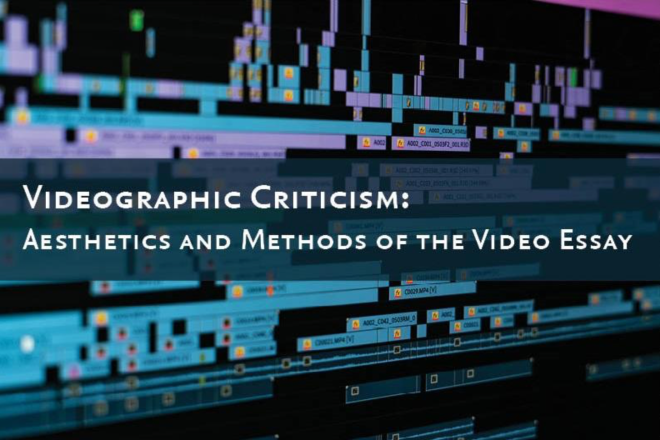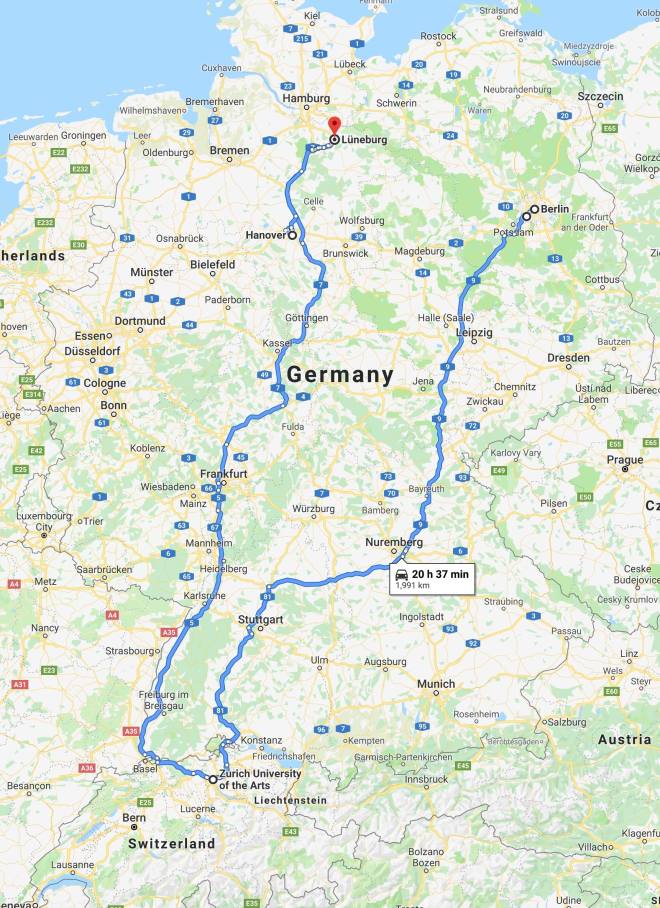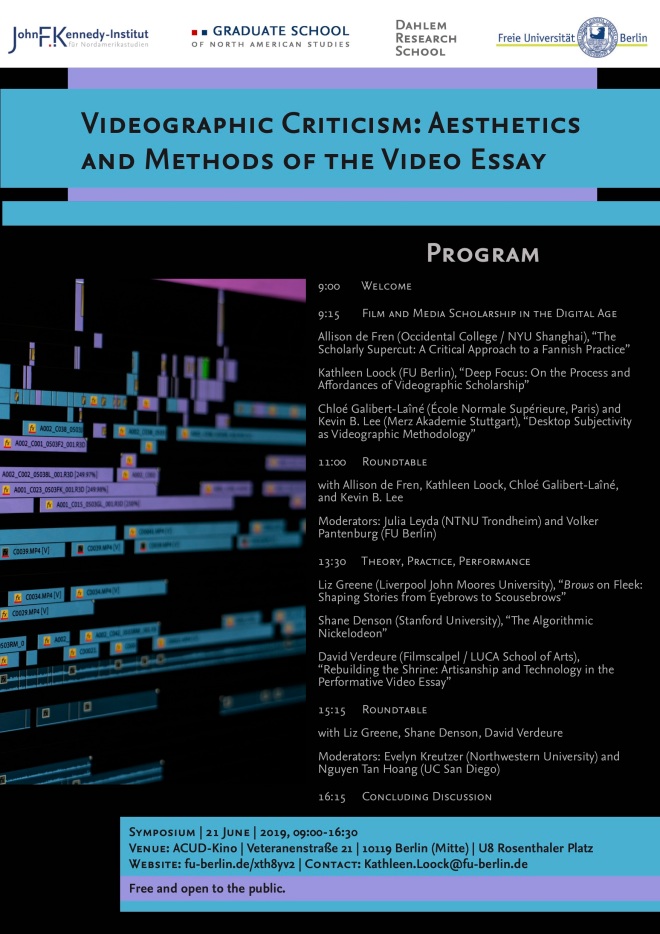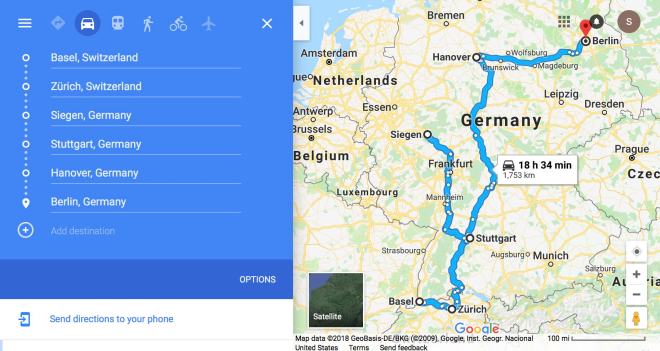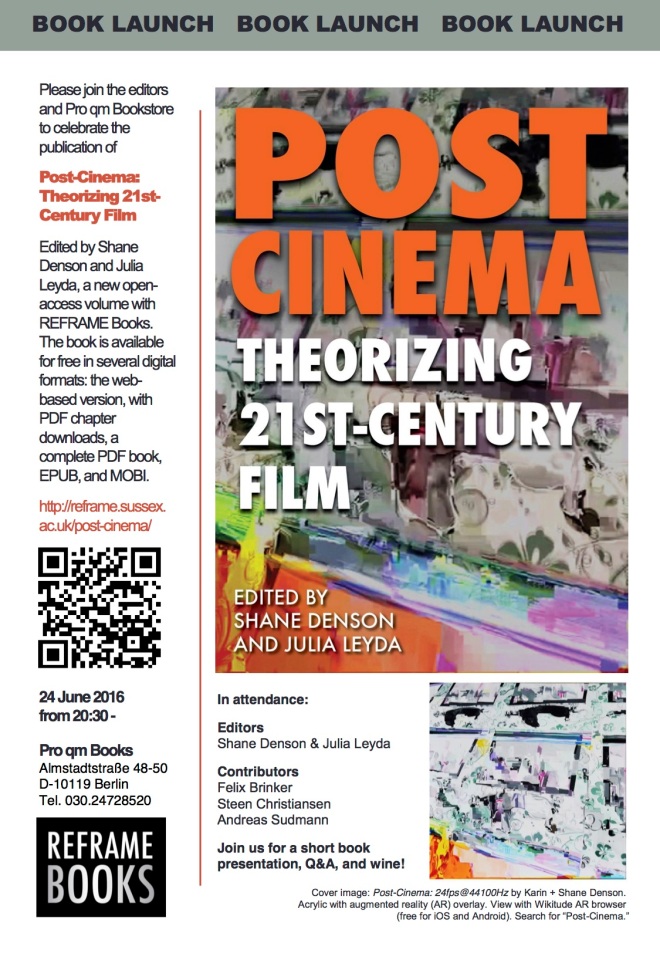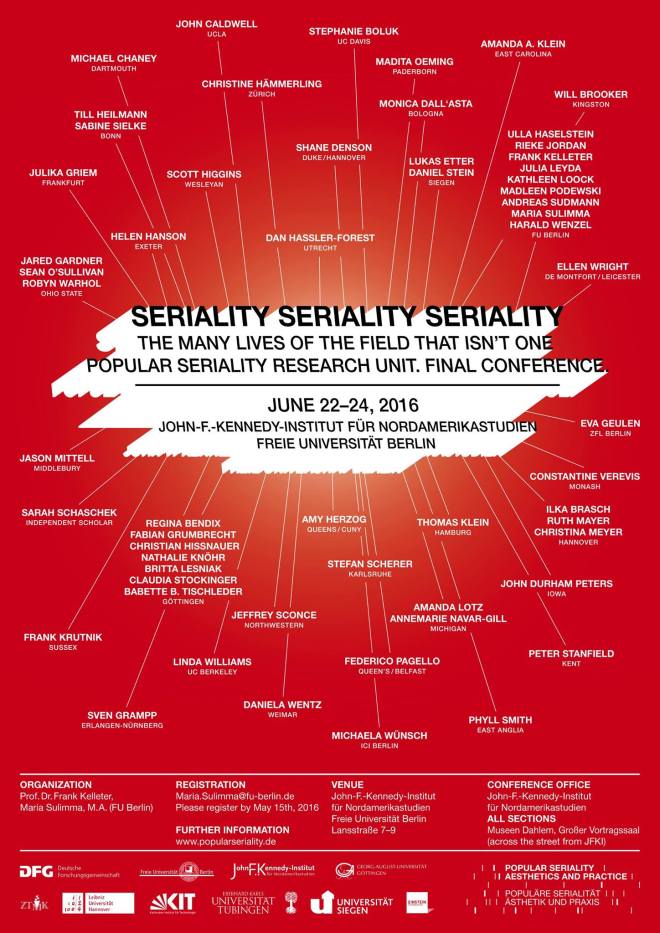
I am happy to announce the call for papers for the 5th annual Stanford-Leuphana Academy for Media Studies, which will again take place in Berlin (June 24-28, 2024)!
Stanford-Leuphana Summer Academy
on Humanities and Media 2024
Open to advanced PhD candidates
Date: June 24-28, 2024
Location: Stanford Berlin, Haus Cramer, Pacelliallee 18, 14195 Berlin
Application Deadline: January 15, 2023
2024 topic: »Art, Technology, and the Problem of Acceleration«
For the last two hundred years, any number of writers and scholars have claimed that life is speeding up. As early as 1880 Goethe called the emerging industrial era “velociferous.” In today’s information era, such diagnoses flourish from popular punditry to Paul Virilio’s “Dromology,” Hartmut Rosa’s “Social Acceleration” and, of course, the philosophers of “Accelerationism.” An even older line of thought, a line we can trace back to Newton and Galileo, reminds us that in physics, and perhaps in the social world too, acceleration is always linked to forces of resistance, to inertia and redirection. Today such resistance ranges from a booming deceleration and disconnection industry to reactionary critiques of modernity, from institutional inertia and foot-dragging to the persistence of habits, emotions, mindsets, and values.
How can we understand this interplay of acceleration, technology, and inertia? What roles might media, art, and technology play in processes of acceleration and resistance? Can the study of literature or painting or multimedia sculpture, for instance, help us explore the forces driving acceleration? Give us new ways to understand the refusal to accelerate? What roles has aesthetics played in the economic, organizational, and technological changes under way around the world? And can we make new forms, new stories or images or objects, that let us imagine how we might do things differently?
We aim to bring together emerging scholars from a variety of fields to explore these and related questions. We welcome applications from across the humanities, the arts, and the social sciences. We hope to work collectively and to give participants a newly multidisciplinary toolkit with which to analyze acceleration and deceleration, in the past, the present, and the future.
Core Faculty
1. Timon Beyes (Sociology of Organization and Culture, Leuphana)
2. Shane Denson (Film & Media Studies/Modern Thought & Literature, Stanford)
3. Ute Holl (Media Studies, Basel)
4. Sybille Krämer (Philosophy, Leuphana)
5. Claus Pias (History and Epistemology of Media, Leuphana)
6. Aileen Robinson (Theater & Performance Studies/Modern Thought & Literature, Stanford)
7. Fred Turner (Communication, Stanford)
Special Guest
Wolfgang Ernst (Media Theory, Humboldt University Berlin)
Application
All applications from advanced doctoral candidates must be submitted electronically in PDF format. Please submit your CV (1-2 pages) along with a 500-word abstract of your topic and a short letter of intent explaining why you would like to attend this Summer Academy.
Please use the following naming convention for your application files: Lastname_CV.pdf,
Lastname_Abstract.pdf, Lastname_Letter_of_Intent.pdf.
Please email your applications by January 15, 2024 to stanleu@leuphana.de.
The working language of the Summer Academy will be English. The organizers will cover travel (economy) and accommodation costs for the time of the summer school. No additional fees will be charged.
General information
The Stanford-Leuphana Summer Academy addresses the intersection between individual humanities disciplines and studies of media and technology from a variety of historical, systematic, and methodological perspectives. As we live in a time when new technologies are emerging at an increasingly rapid pace, the Academy seeks to address vital questions about how different media can drive political and social change, but it also inquires into the assumptions and values that produce technological artifacts. Media studies and media theory intersect with various disciplines in the humanities and social sciences that treat the transmission of information, the formation of social networks, and the embodiment of knowledge in technological artifacts. Therefore, the Academy will bring together faculty and students from various branches of the humanities and social sciences to think about how »mediality« permeates these disciplines in distinct ways; we will approach these issues not only from a robustly interdisciplinary vantage but also by way of comparative cultural and historical perspectives. In this way, the Academy will contribute to our understanding of the fundamental ways that forms of media and technological mediation inform disciplinary knowledge across the humanities, as well as the ways that these disciplinary knowledge formations are an essential precondition to any serious thinking about mediality.




